The stakes couldn’t be higher in the SNP leadership contest.
Whoever is chosen by party members in five weeks’ time will become our next First Minister.
And to say the party was unprepared for this scenario would be an understatement.
Nicola Sturgeon’s inner circle is famously tight. So very few people will have been given advance warning that she was preparing to stand down.
As such, the wannabe leaders have had next to no time to prepare their pitch to party members, let alone to the wider electorate.
And while Nicola Sturgeon is well-known not just in Scotland, but across the UK, those who hope to succeed her are not.
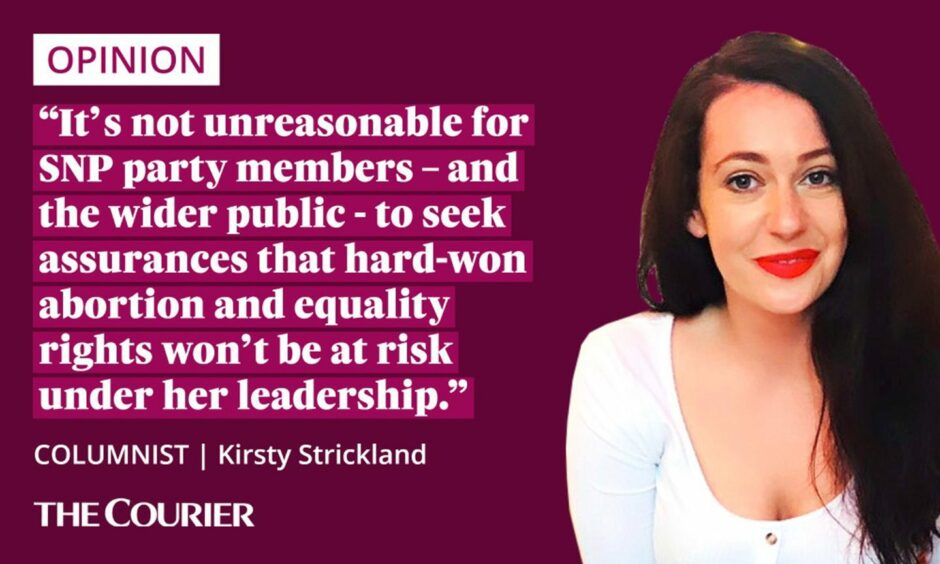
They will have to quickly introduce themselves to the Scottish public if they are to win trust and inspire confidence that they are able to lead the country through the multiple crises that we seem to be permanently engulfed in.
Three candidates have declared so far. And it looks like the SNP is heading for a generational shift, as the old guard steps aside to make way for the new.
Health Secretary Humza Yousaf is being billed as the continuity Sturgeon candidate.
Ash Regan set out her stall early, promising to take a hard-line approach to securing independence.
She has also said she would scrap the Gender Recognition Reform Bill – the legislation that led her to resign her ministerial post in protest – in a move which would almost certainly put the SNP-Green coalition into jeopardy.
And on Monday, Finance Secretary Kate Forbes became the latest MSP to enter the SNP leadership race.
Kate Forbes is SNP rising star
In her launch video, Forbes said she had the “vision, experience and competence’’ to become Scotland’s next First Minister.
She also pitched herself as a “unifier’’ – which is ironic, given the polarised reaction to her candidacy announcement.
Kate Forbes has had a meteoric rise within the SNP.
She is intelligent and articulate and is seen as something of a rising star within the party.
She is also a woman of faith and a member of the Free Church of Scotland.
In the past she has faced questions about how her church’s conservative stance on women’s reproductive rights and same-sex marriage aligns with her party’s policies.
Those questions are set to increase in intensity in the weeks ahead.
Of course, there should be no barriers to people of any faith pursuing the top job.
But it’s not unreasonable for SNP party members – and the wider public – to seek assurances that hard-won abortion and equality rights won’t be at risk under her leadership.
Questions of faith could overshadow Kate Forbes SNP leadership bid
In answering questions about how her faith affects her politics, Kate Forbes has often pointed to the collective responsibility that as a member of the cabinet, she adheres to.
But the role of First Minister is one of leadership.
Some will see it as unfair. But there is no doubt that she will soon have to tackle these equalities questions head on.
To do otherwise would risk overshadowing her leadership campaign.
In the weeks ahead, Kate Forbes – and the other SNP leadership candidates – will rightly face scrutiny on their plans and policy agendas.
Moving past soundbites and vague politics-speak is more important than ever during a mid-term change of leader.
As a gay married woman, it matters to me whether my First Minister believes that my marriage is valid.
It tells me whether they believe in my equality and dignity as a citizen.
Any First Minister should be able to answer that question: clearly, directly, and positively.
— Eilidh Douglas (@eilidhdouglas) February 20, 2023
The winner’s vision for Scotland won’t be subject to the judgement of the electorate.
Just like in the recent Conservative leadership race, we won’t get a say on who is chosen to govern us.
There is a balance to be struck when we’re discussing the religious beliefs of politicians. Faith is a deeply personal thing.
But this is about who will become the next leader of our country.
It is only right that those who do have a vote have all the information they need to reach an informed decision.
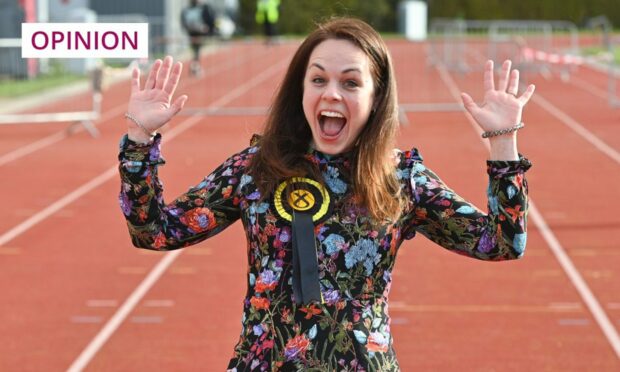
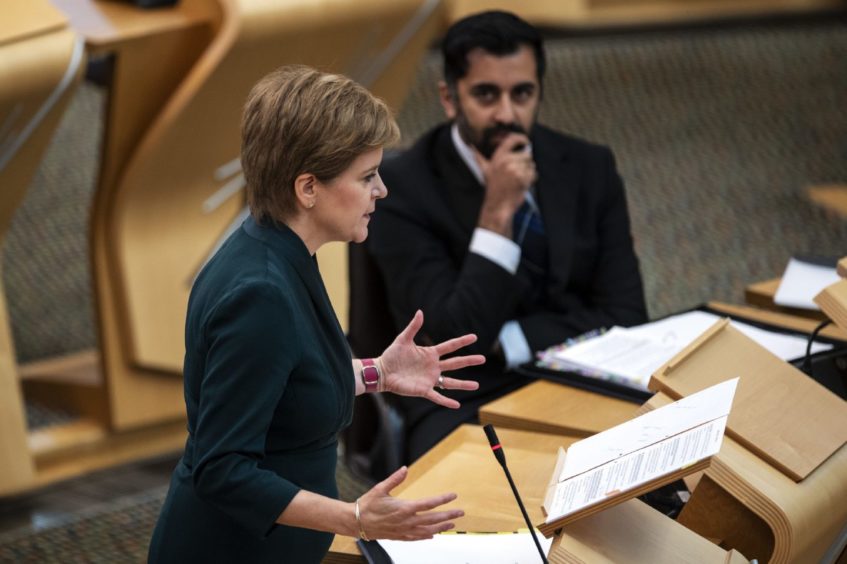
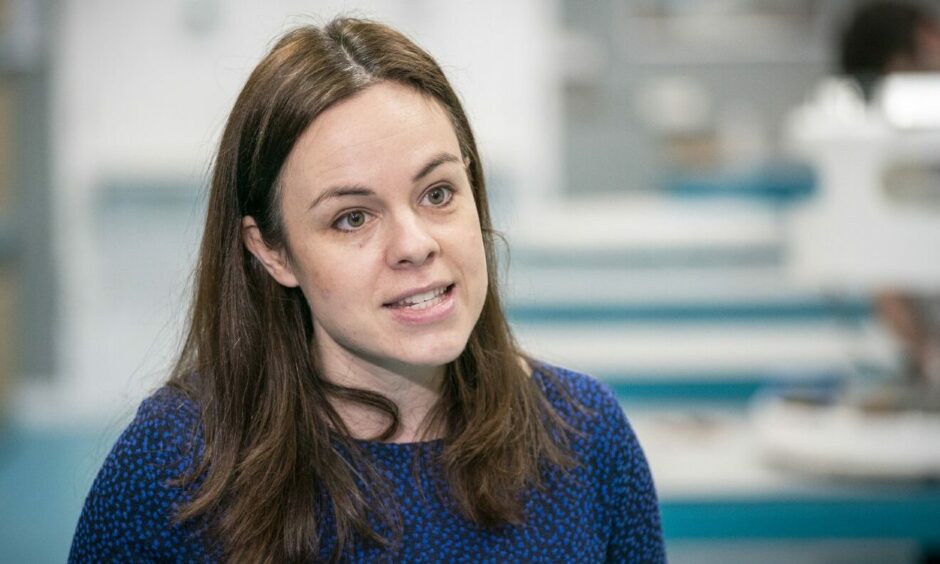
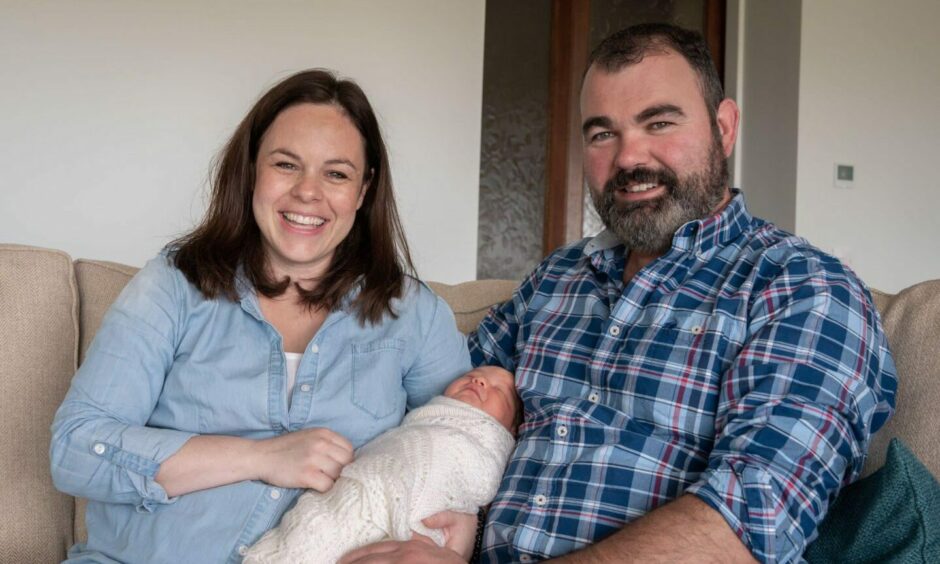

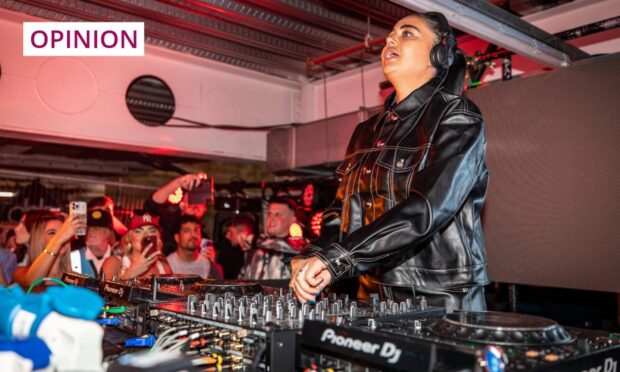


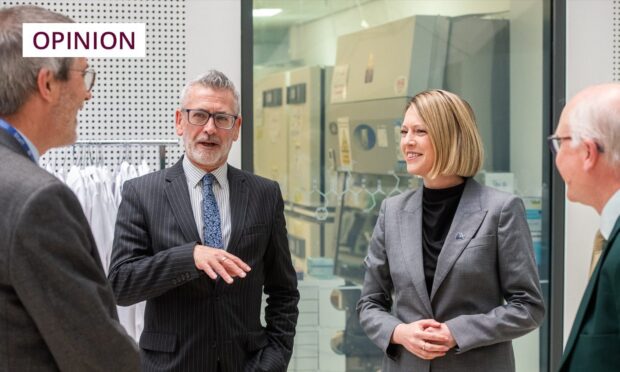

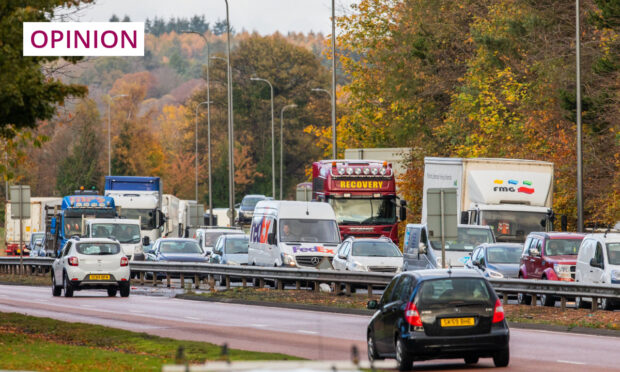
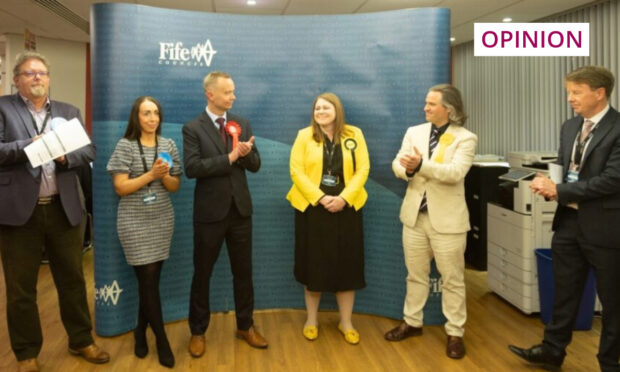

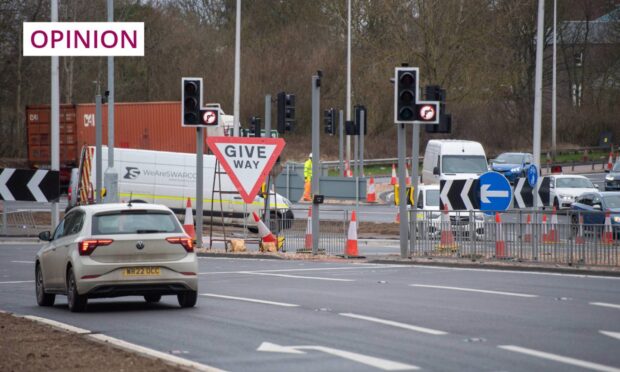
Conversation